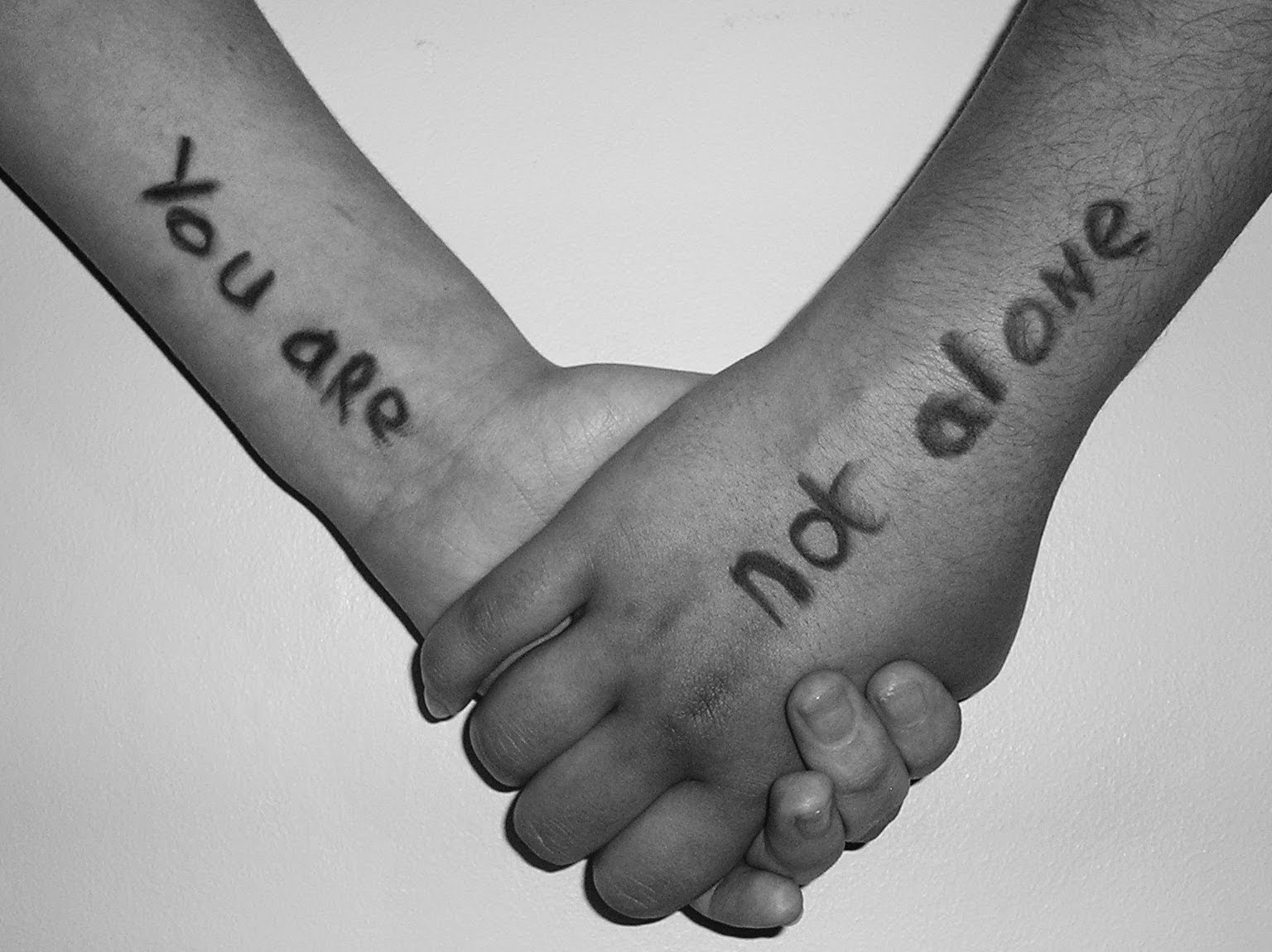
Post-Traumatic Growth
Post-Traumatic Growth is the positive psychological change that can occur after struggling with highly challenging life circumstances, such as abuse in an intimate relationship. Unlike simply “bouncing back” (resilience),
Post-Traumatic Growth is about growing beyond the person you were before the trauma, often developing new perspectives, strengths, and values because of what you’ve endured.
For women who have experienced abuse, Growth can show up in several ways:
1. A Deeper Appreciation for Life
Surviving abuse often brings a renewed awareness of how precious life is, making everyday moments more meaningful.
- A deeper gratitude for being alive.
- Greater value placed on small joys, everyday moments, and meaningful experiences.
- A shift from taking things for granted to savoring life intentionally.
2. Stronger Personal Strength
Many women discover they are far more capable and courageous than they ever believed. This newfound inner strength often becomes a foundation for making empowered decisions.
- A recognition of one’s resilience and ability to endure hardship.
- Increased self-confidence and trust in one’s ability to handle future challenges.
- Seeing oneself as “stronger than I thought I was.”
3. Improved Relationships
After experiencing betrayal or harm, survivors may become more intentional about forming healthy, respectful connections, valuing boundaries, and choosing relationships that honor their worth.
- Strengthening of existing supportive relationships.
- Increased empathy and compassion for others who suffer.
- Greater intentionality in choosing safe, respectful, and nurturing connections.
4. New Possibilities
Abuse can close doors, but healing can open new ones, whether it’s pursuing education, starting a new career, or following passions that were once out of reach.
- Opening to fresh opportunities, goals, and dreams that may not have been considered before.
- Willingness to take risks in building a new life after trauma.
- Pursuit of passions, hobbies, careers, or causes that bring meaning.
5. Spiritual or Existential Growth
Many women report a deeper faith, stronger reliance on God, or a clearer sense of purpose after walking through pain with intentional healing.
- A deepening of faith, spiritual beliefs, or life philosophy.
- Stronger reliance on God or a sense of divine purpose.
- A more grounded sense of what truly matters in life.
Impact on Healing
PTG doesn’t erase the harm or the pain of abuse. It exists alongside grief and loss, and it develops over time with safety, support, and self-compassion. For many women, embracing PTG helps transform their story from one of victimhood to one of victory, anchored in both their own resilience and God’s redemptive work in their lives.
For women who’ve experienced abuse in intimate relationships, these aspects often intertwine with regaining identity, reclaiming voice, and rebuilding trust, all while discovering they can thrive, not just survive.

Schedule a Free Discovery Call
Faith-Based Life Coaching for Women Survivors of Abuse